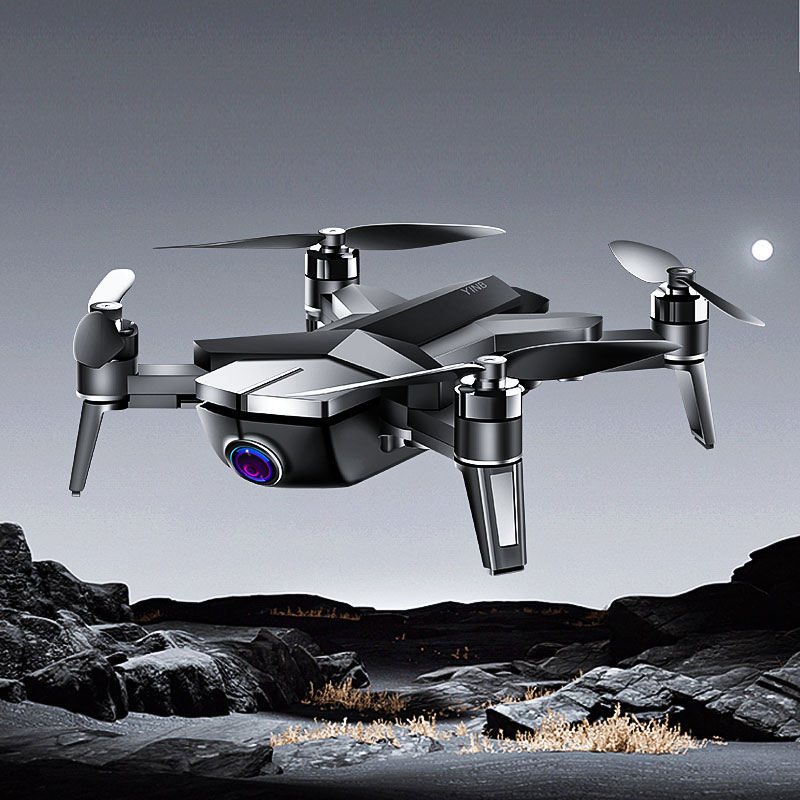In recent years, the profession of drone pilot has undergone a significant transformation and has become a highly lucrative career path. This shift is primarily due to the increasing reliance on drones within various industries, including real estate, agriculture, filmmaking, and even security. If you’re contemplating a career in this domain, understanding the financial remuneration for drone pilot jobs is crucial. Let’s delve deep into the world of drone pilot jobs and explore what kind of pay you might expect.
Industries Benefiting From Drone Pilots

As drones infiltrate more industries, they are being used for a plethora of tasks – from aerial photography to land surveying. A significant sector employing drone pilots is real estate, where drones provide panoramic photos and videos of properties. Similarly, agriculture uses drones for crop monitoring and livestock tracking. The filmmaking industry finds drones indispensable for capturing breathtaking shots. The expanded use of drones continues to highlight their importance, subsequently increasing the demand for skilled drone pilots.
Average Salary for Drone Pilots

Drone pilot jobs pay can vary significantly based on factors such as experience, location, and industry. In general, a novice drone pilot might earn a median salary starting at $50,000 annually. However, with expertise and certifications, experts can command salaries exceeding $100,000 per year. Specialized industries such as oil and gas exploration tend to offer higher wages due to the specific skills required. Regions with tech hubs also exhibit a tendency towards higher pay scales for drone operators.
Qualifications That Influence Earnings
Several qualifications affect the earning potential of a drone pilot. Firstly, obtaining a Remote Pilot Certificate from the Federal Aviation Administration (FAA) can significantly bolster one’s salary prospects. Additionally, proficiency in drone technology and experience with software like Adobe Premiere for video editing are valuable skills that enhance earnings. Pilots with experience in handling advanced drones with multiple sensors can further increase their marketability.
Further Certifications for Higher Pay
To increase the potential earnings from drone pilot jobs, acquiring additional certifications can be invaluable. Courses that cover drone inspection techniques or data analysis specific to industries can distinguish a pilot from their peers. Advanced certifications that delve into autonomous drone technologies can open opportunities in cutting-edge sectors such as AI-driven drone research or development.
Moreover, the geographic location remains a pivotal factor. Drone pilots working within metropolitan areas usually experience better compensation due to demand for diverse drone applications.
The Impact of Experience
Experience remains a cornerstone in determining how much drone pilot jobs pay. A seasoned drone pilot typically possesses an extensive portfolio of work, showcasing adeptness across various industries. This expertise not only commands a higher salary but also opens doors to consultancy roles where insights into drone technologies are vital.
Moreover, as experience grows, there’s potential for entrepreneurial endeavors, such as starting a drone rental service or offering training programs. Such ventures can exponentially increase earnings.
FAQs
Q: Do drone pilots require a college degree?
A: No formal college degree is required to become a drone pilot. However, specialized training and certifications are essential.
Q: How can I start my journey as a drone pilot?
A: Begin with obtaining a drone and familiarize yourself with its operation. Simultaneously, seek FAA certification to become a licensed drone pilot.
Q: What industries are rapidly growing for drone pilots?
A: Sectors like renewable energy, disaster response, and environmental conservation are witnessing rapid integration of drone technology.
